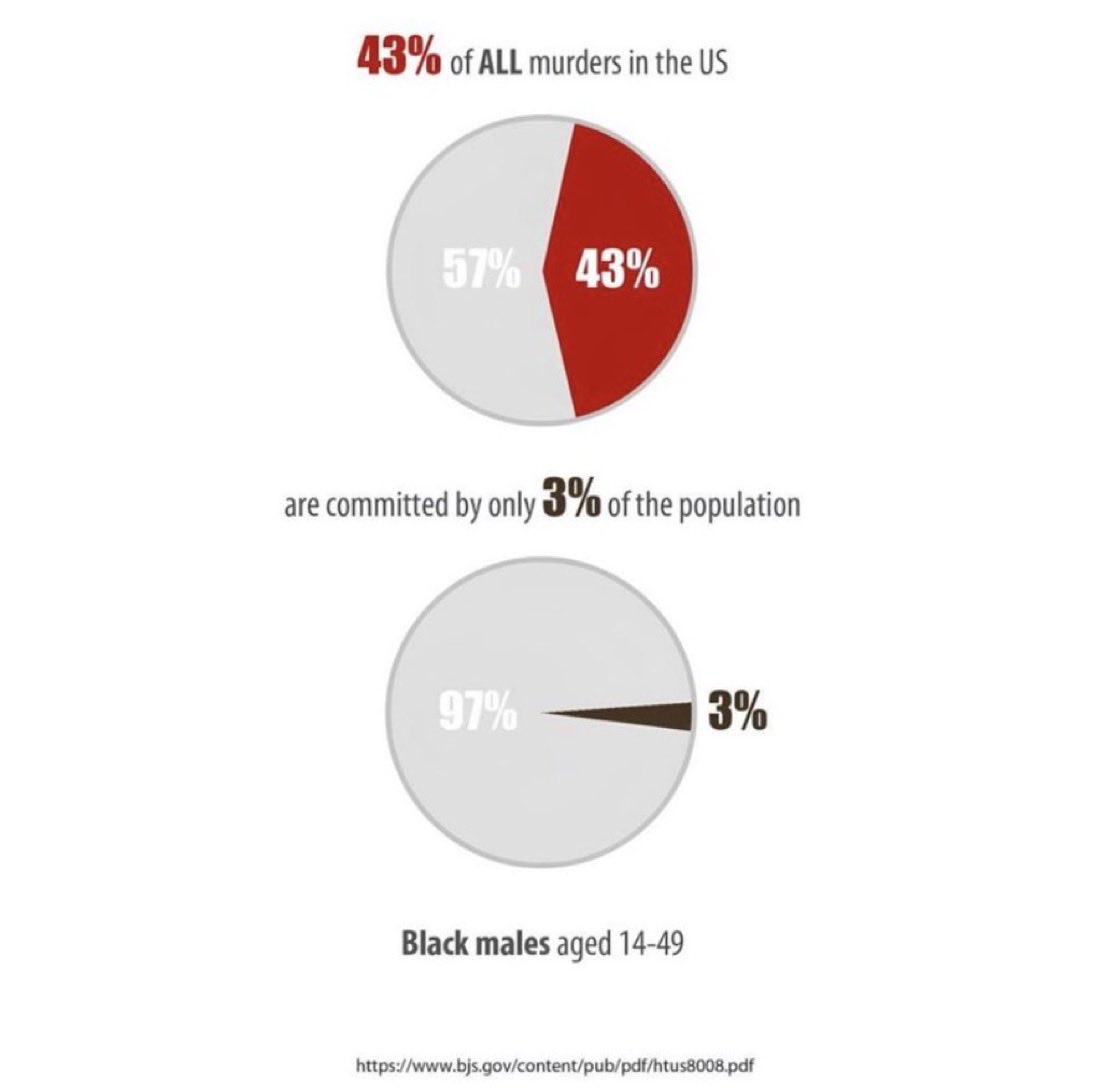WEF 4th Industrial Revolution:
It’s all about your compliance. You’re the product. They’re selling you off to billionaire corporations for profits.
You’re tracked, monitored and controlled, all for corporate profit and you’re too busy ignoring it all
A thread 🧵 for awareness
It’s all about your compliance. You’re the product. They’re selling you off to billionaire corporations for profits.
You’re tracked, monitored and controlled, all for corporate profit and you’re too busy ignoring it all
A thread 🧵 for awareness

Here’s a prev thread 🧵 on #WEF
https://twitter.com/DeepBlueCrypto/status/1575115294225448960
We will grab more power in the name of #VaccinePassports
We will restrict your travel & freedoms based on vaccination status of ineffective & barely tested vaccines
We will restrict your travel & freedoms based on vaccination status of ineffective & barely tested vaccines
https://twitter.com/Orthodixit/status/1593747918753628161
French President Emmanuel Macron the WEF goon, asks for people to accept a single world order like what #WEF has been suggesting for years.
These G20 #WEF globalist control everything freaks don’t stop. They’re persistent and don’t seem to give up on the idea of #VaccinePassport
Stop them from implementing this or else you’ll just be a global slave
Stop them from implementing this or else you’ll just be a global slave

China has functioning driverless robotaxis. You scan the QR code and enter a ride password then wait for the robotaxi to verify your Covid passport… if QR code is green you get to ride, if not good luck.
#WEF has this future planned for y’all
#WEF has this future planned for y’all
European Commission already has implemented a #VaccinePassports system where you scan a QR code on your phone & you get access to life like walking into a restaurant or a bar, travel through the airports etc.
Combine this with CBDC & they control you 💯
Combine this with CBDC & they control you 💯
Dr. Vandana Shiva — they implement vaccine passports, social credit systems, CBDCs, promote synthetic proteins, promote crickets as food, reduce fertilizer, increase surveillance
“We own everything, you own nothing”
“We own everything, you own nothing”
Honest Questions on #WEF :
Australia Queensland senator demands to know why WEF penetration of cabinets around the world hasn’t triggered a national security alert. It’s clear to see the coordination of nations as they roll out The Great Reset.
Australia Queensland senator demands to know why WEF penetration of cabinets around the world hasn’t triggered a national security alert. It’s clear to see the coordination of nations as they roll out The Great Reset.
The G20 / WHO / WEF are pushing for a globally standardised digital vaccine passport / certification. No one voted for this. #VaccinePassports
If this gets implemented, you’re all essentially “SIGNING UP” to be digital slaves to the establishment.
If this gets implemented, you’re all essentially “SIGNING UP” to be digital slaves to the establishment.

#WEF Klaus Schwab claims that China is a role model for the rest of the world in digital transformation.
#Communism cannot be an example
#Communism cannot be an example
China 🇨🇳 is the antithesis for a well functioning human society. A new quarantine camp is being built in China's Guangzhou city and designed to detain 87,000 people.
#WEF Klaus Schwab likes China as an example of how society should be structured.
#WEF Klaus Schwab likes China as an example of how society should be structured.
Happy Thanksgiving from #WEF Klaus 

Happy Thanksgiving from #WEF 

Quarantine camps as far as the eyes can see in China 🇨🇳
Then: Concentration Camps
Now: Quarantine Camps
Then: Concentration Camps
Now: Quarantine Camps
• • •
Missing some Tweet in this thread? You can try to
force a refresh











